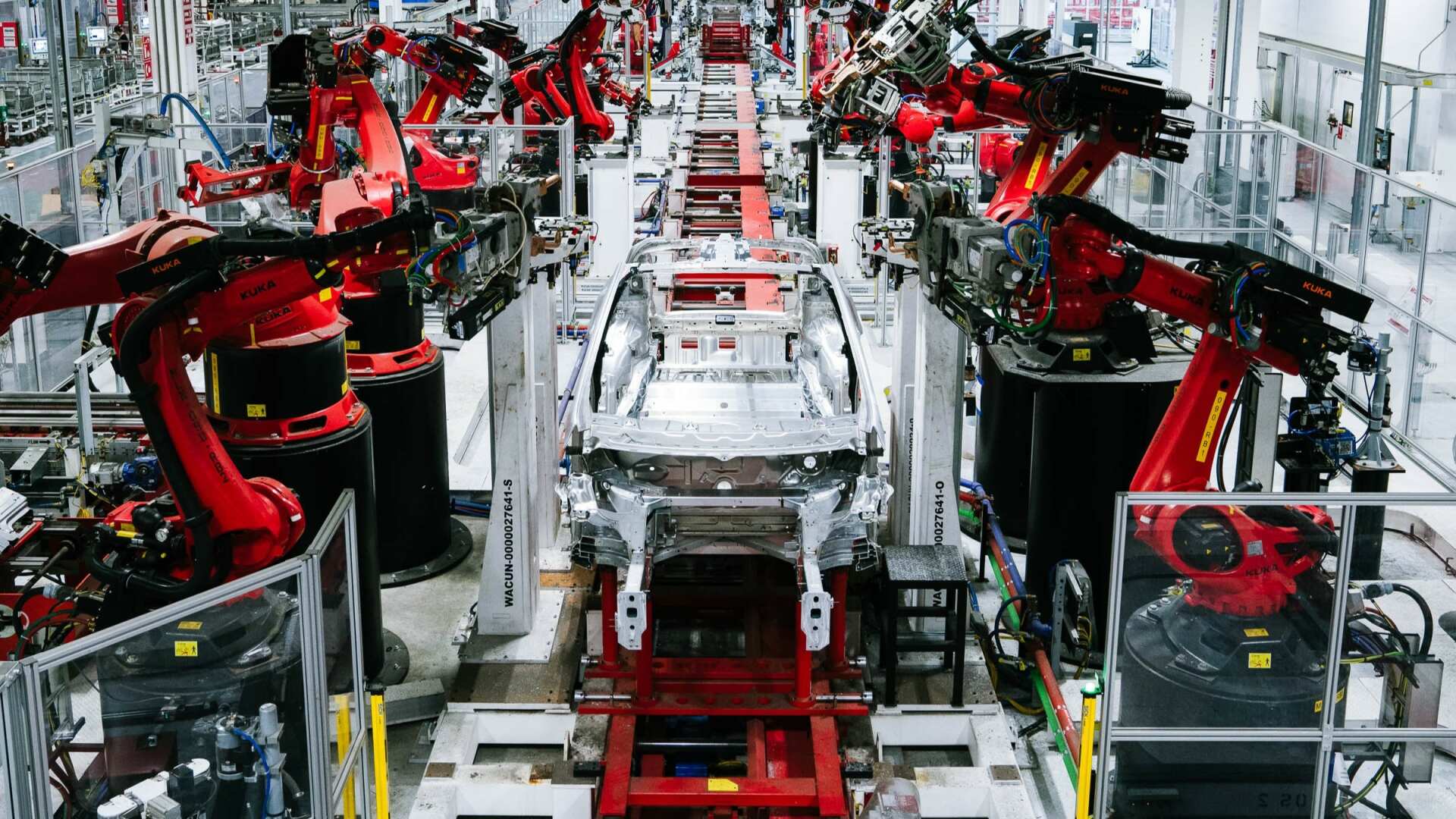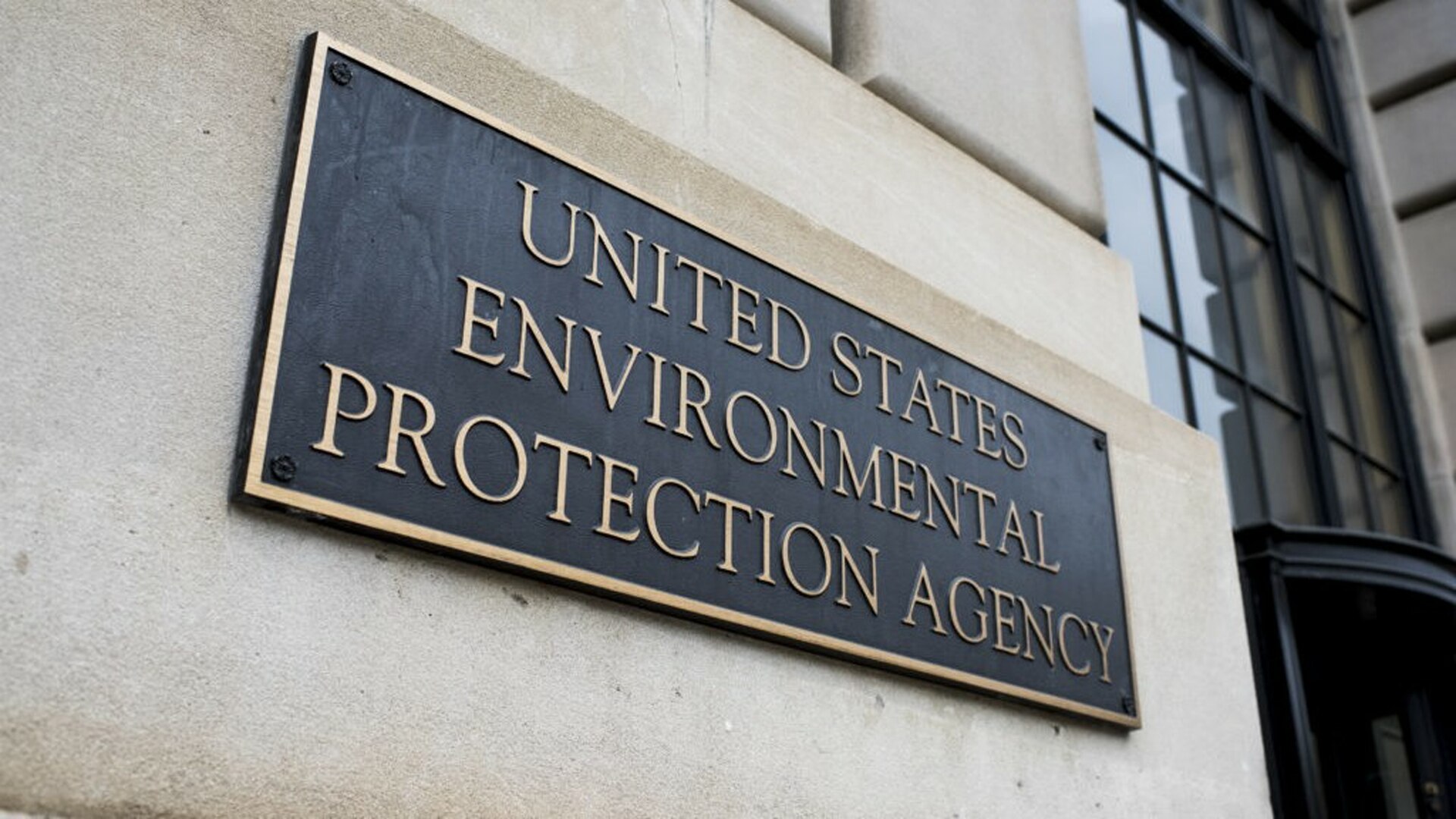The Biden administration’s recent announcement of stringent emissions regulations has sparked both applause and criticism among stakeholders, signaling a significant shift toward electric vehicles (EVs) in the coming years.
At a press conference held by the U.S. Environmental Protection Agency (EPA), updated emissions standards were unveiled, aiming to pave the way for widespread EV adoption. The regulations, projected to slash tailpipe emissions by half by 2055, also promise substantial cost savings for drivers, estimated at $6000 over a vehicle’s lifespan.
However, the petroleum industry and some consumer groups have voiced concerns, labeling the regulations as a de facto “car ban.” Despite these accusations, the EPA emphasized that the rules do not explicitly prohibit any vehicle types and remain technology-neutral.
The finalized rules, applicable to model years 2027–2032, mandate a significant reduction in carbon emissions, amounting to over seven billion metric tons. Despite the ambitious targets, automakers have been granted flexibility in meeting the standards, with various compliance pathways available.

White House climate policy advisor Ali Zaidi underscored the adaptability of the regulations, stating that automakers could leverage different technologies, including plug-in hybrids and battery-electric vehicles, to achieve emissions reductions.
The EPA’s thorough consideration of public feedback over the past three years has resulted in a more flexible regulatory framework, addressing challenges such as domestic manufacturing capacity and supply chain development for cleaner vehicles.
The economic and health benefits of the new rules are substantial, with projected reductions in air pollutants leading to an estimated $13 billion in annual health benefits. Individual drivers stand to benefit from reduced fuel and maintenance costs, amounting to nearly $100 billion in annual net benefits to society.
While automakers generally expressed support for the regulations, some raised concerns about the pace of EV adoption and the associated challenges in infrastructure and supply chains. Nonetheless, stakeholders remain optimistic about the role of regulations in accelerating the transition to cleaner vehicles and reducing emissions for a healthier future.

